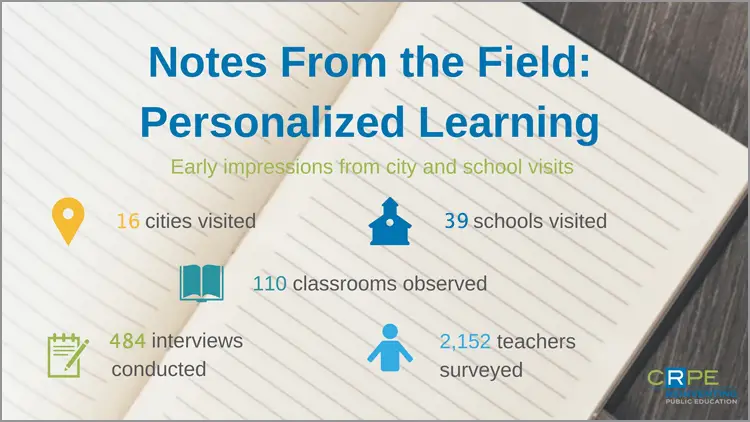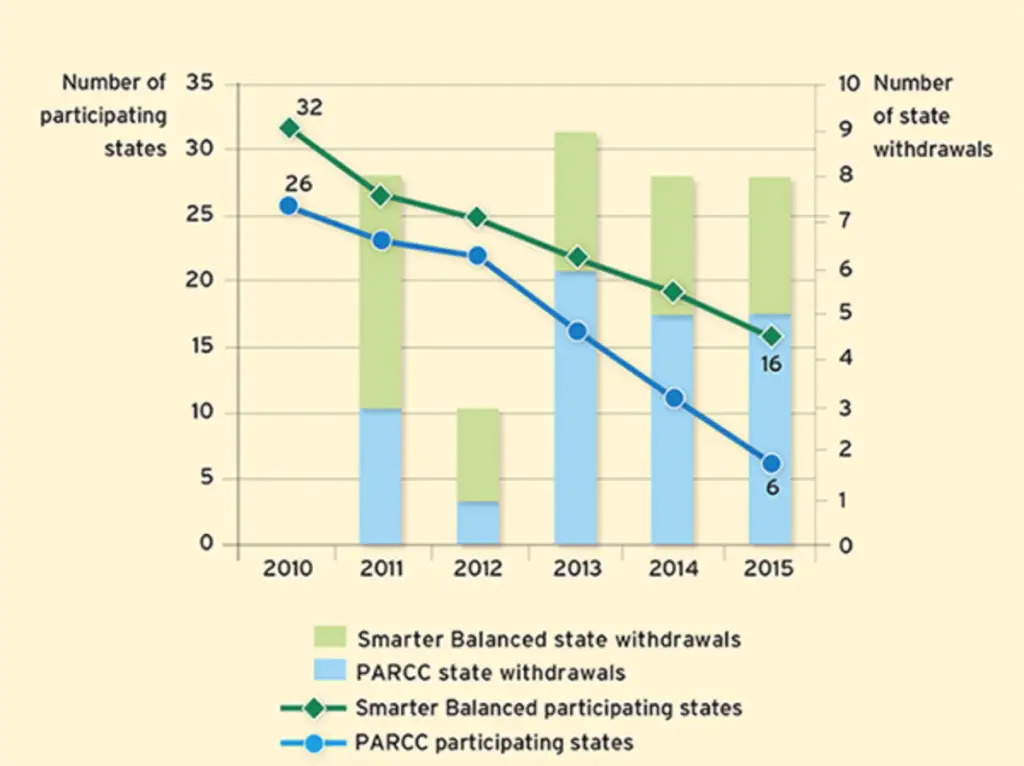Notes From the Field: Personalized Learning

In 2015, CRPE kicked off a multi-year, multi-method study of district and regional systemic efforts to support schools implementing personalized learning. Personalized learning (PL) is designed to tailor instruction to individual students’ strengths, needs, and personal interests—often integrating technology—in order to boost student outcomes. Over the next two years, we’ll look across a diverse range […]
Why Collaboration Can Be Harder Than Herding Cats

Researchers at CRPE use “Herding Cats” as a metaphor to describe the complications of district-charter school collaboration. I think they describe the challenges well, but they are also being polite. Really bad charter schools and the chance of changes in district attitudes toward them can make collaborating even harder than cat herding. As CRPE explains, collaboration […]
Taking a Lesson from The Boys in the Boat and Aiming for “Swing”

To be of championship caliber, a crew must have total confidence in each other, able to drive with abandon, confident that no man will get the full weight of the pull…. When you get the full rhythm in an eight, it’s pure pleasure to be in it. It’s not hard work when the rhythm comes—that […]
New Research Confirms…Everything We Already Believe

As many predicted, the worlds of research and journalism have changed with the advent of the internet and the explosion of social media. Gone are the days when research studies were mainly published via journals and extensive peer review processes. The pace of news has accelerated, as has the pace of consumption. This new reality […]
Can High Standards and Accountability Co-Exist? Lessons From the Common Core Assessment Consortia

The Common Core State Standards Initiative was designed to solve a problem that has plagued past standard-setting efforts. Many states responded to earlier efforts by watering down their standards for learning and lowering expectations for students in an attempt to artificially boost the number of students that reached proficiency. By creating a set of common […]
Suspending Belief
This piece was originally published as part of Fordham’s forum on discipline practices in America’s charter schools. Magicians rely almost exclusively on the technique of misdirection. In order for us to believe that the dove emerged from the handkerchief, the magician must “misdirect” our attention away from what would otherwise be the obvious sleight of […]
Tradeoffs, not absolutes, on suspension and expulsion
This piece was originally published as part of Fordham’s forum on discipline practices in America’s charter schools. The ongoing exchange about suspensions and expulsions in charter schools needs to be seen from the school’s perspective. As a school of choice, a charter has two obligations: to maintain a climate conducive to learning, as it promises the […]
There Is More Than One Way to Grow Great Schools

People who believe in a portfolio strategy believe great schools can prosper in many circumstances. The role of portfolio leaders is to create opportunities for innovation and improvement and to ensure all schools are getting results across all of a city’s public schools. For that reason, we have begun an effort to track and report […]
Rising to John King’s Challenge
Secretary of Education John B. King Jr. has called on charter schools to take the lead on rethinking school discipline. Speaking at the National Charter School Conference in Nashville on Tuesday, he said, “Don’t get caught up in battles about whether charters are a little better or a little worse than average on discipline. Instead, focus on […]
The State of Florida Takes a Leadership Role in District-Charter Collaboration: An Interview with Adam Emerson
The Florida Department of Education has provided two competitive grants to Duval County and Miami-Dade County to foster district-charter collaboration. CRPE research analyst Sean Gill spoke with Adam Emerson, the Florida Department of Education’s charter schools director, about his thoughts on how the collaboration work is progressing. Gill: For readers not familiar, how would you […]


